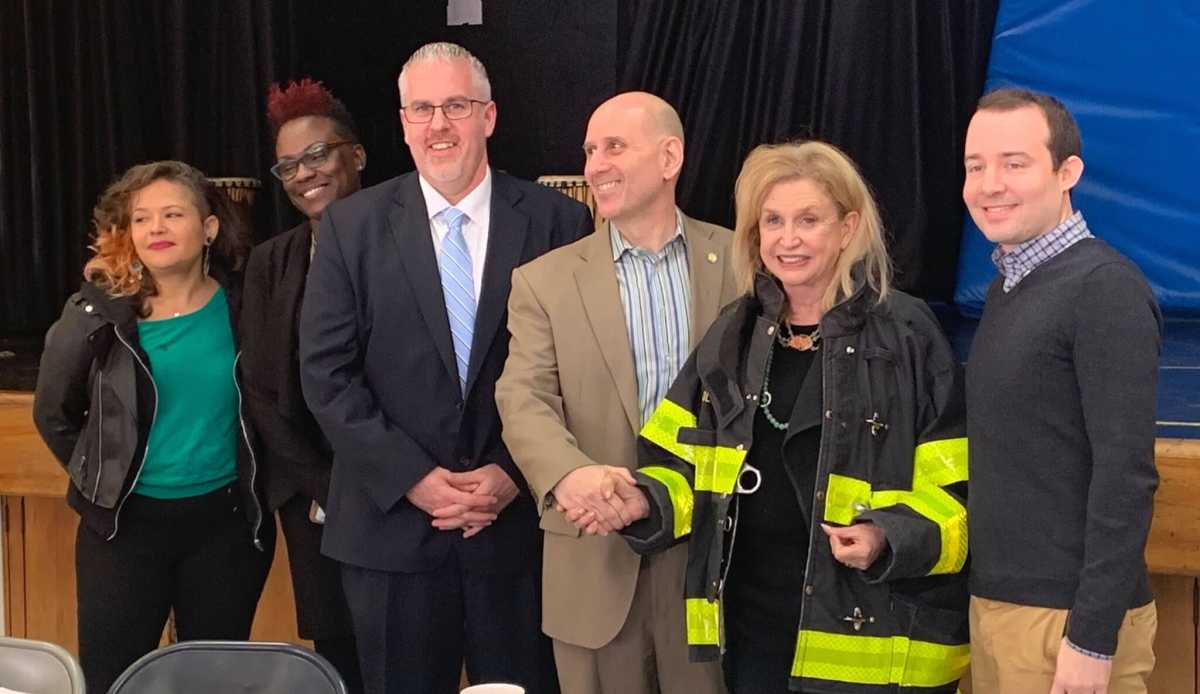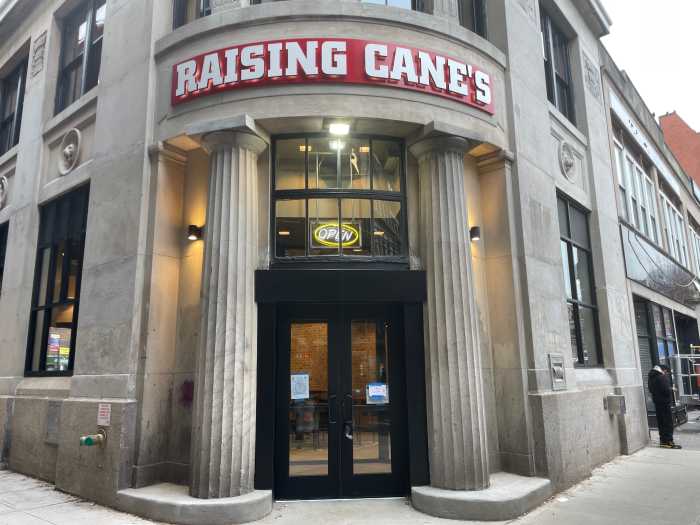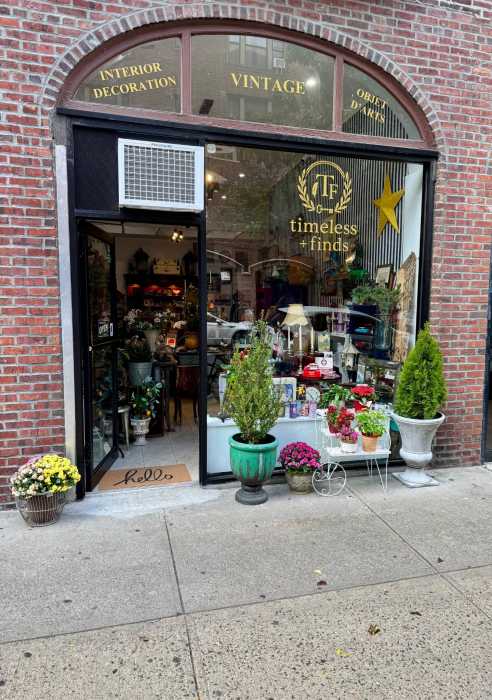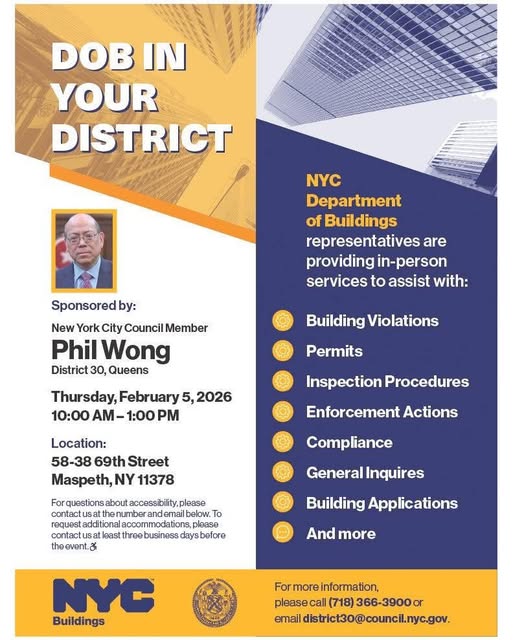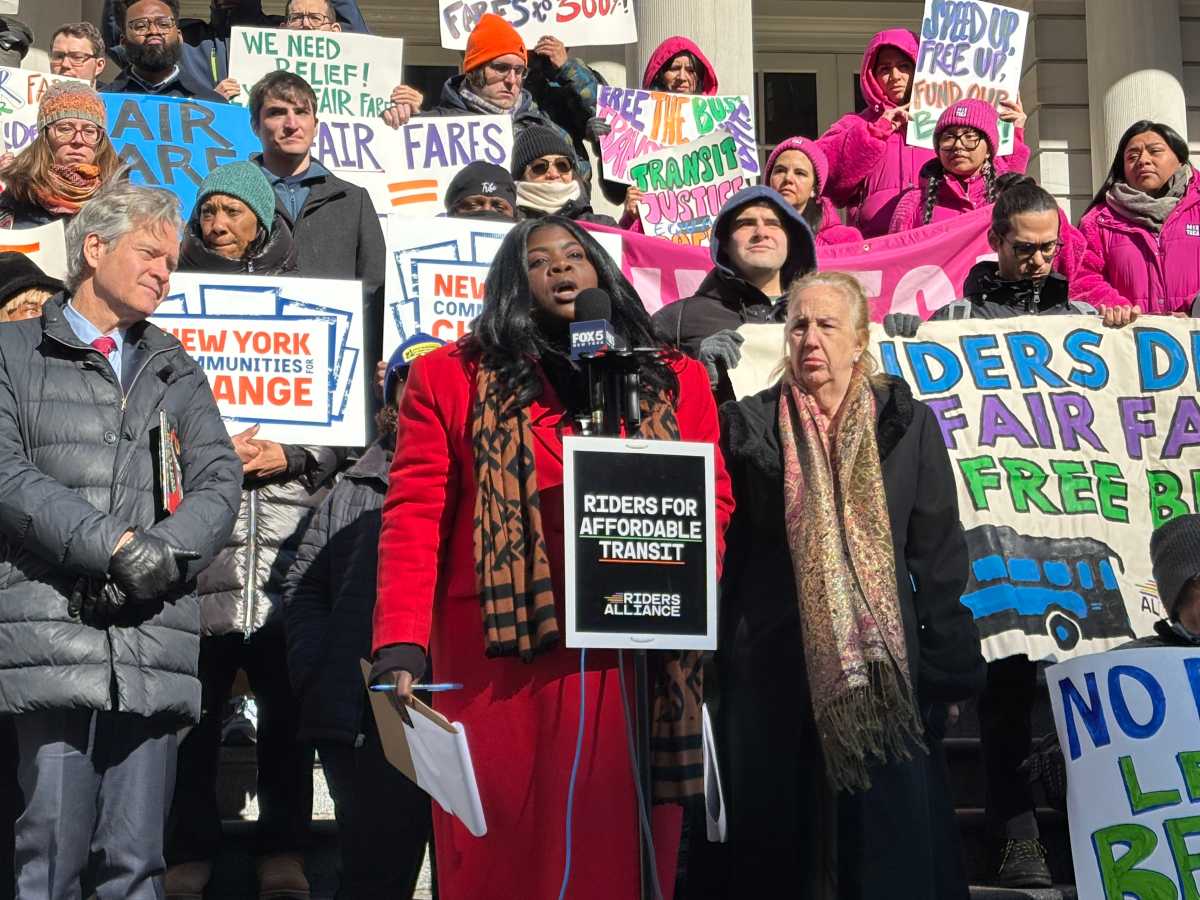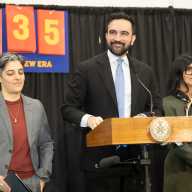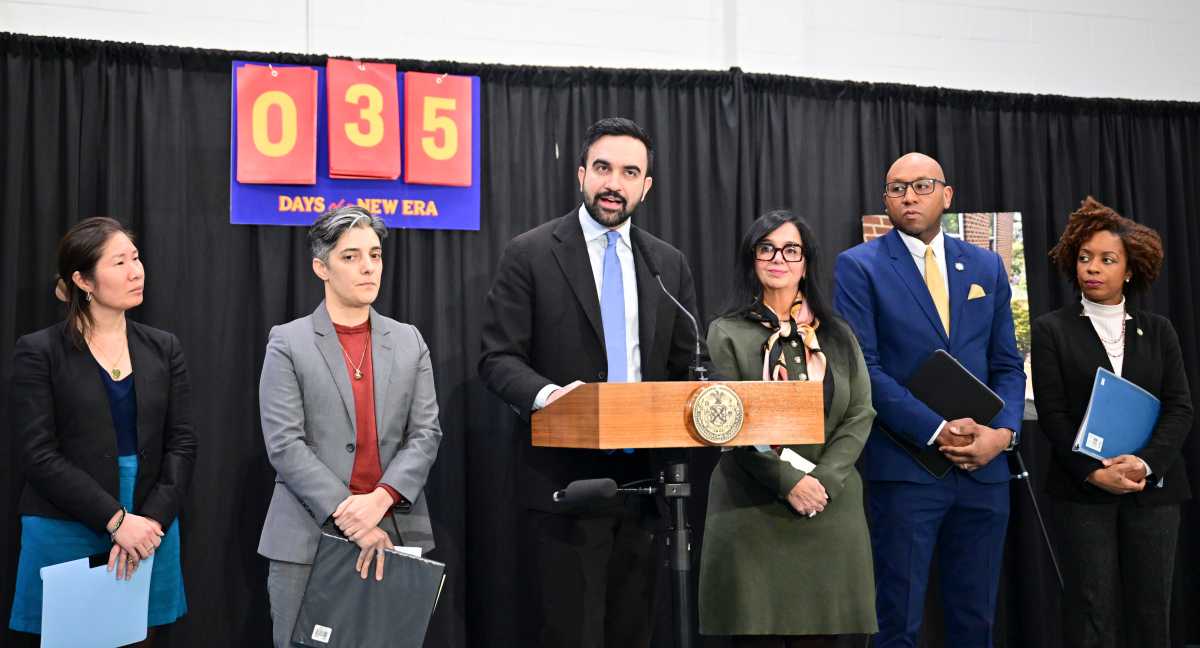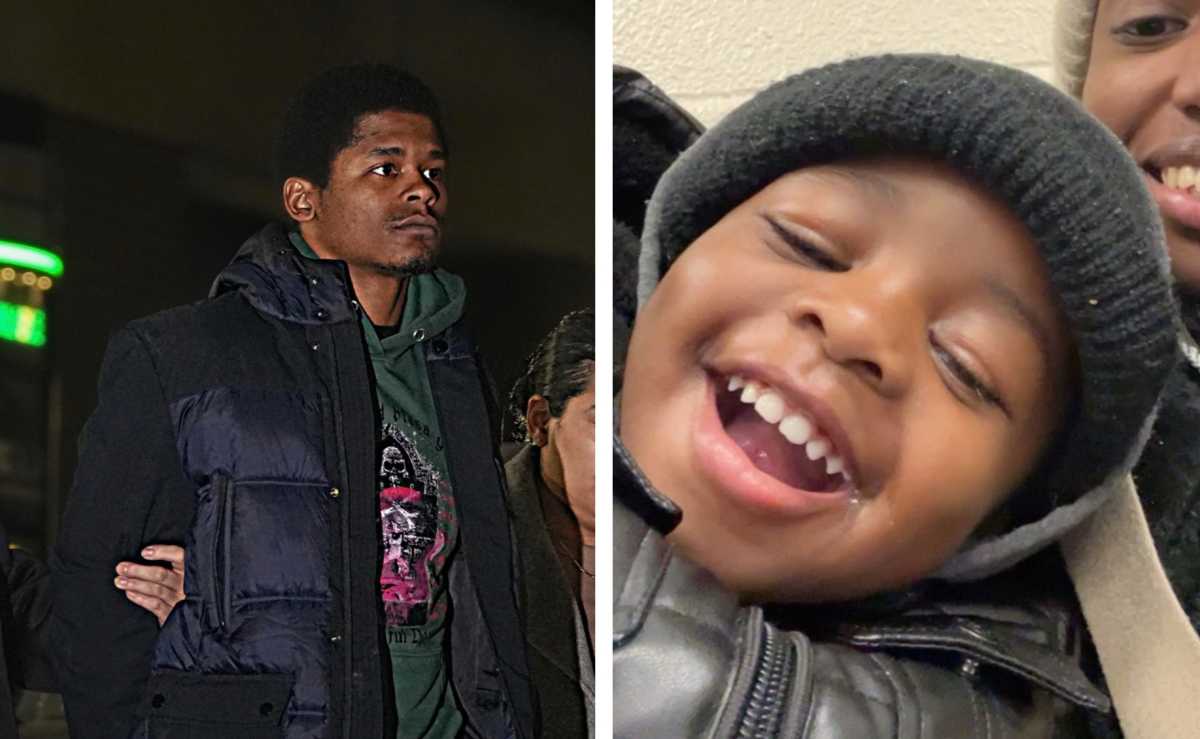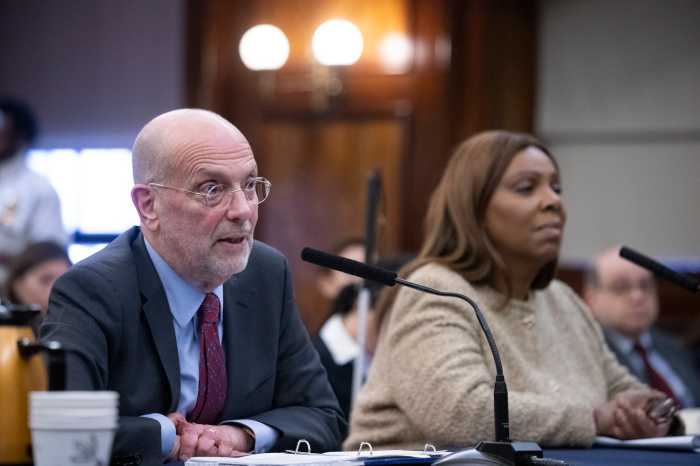BY ANDREINA RODRIGUEZ
With the 2020 Census on the horizon, Congresswoman Carolyn B. Maloney wants to inform people about the importance of a fair and accurate count.
Maloney, who represents a portion of western Queens and Manhattan, held a town hall meeting about the census on March 16 at the Variety Boys and Girls Club of Queens in Long Island City.
Participating in the event were speakers Melva Miller, executive vice president of the Association for a Better New York; Natalia Aristizabal, co-director of organizing of Make the Road NY; Paul Westrick, manager of democracy policy of New York Immigration Coalition; Jorge Fanjul, deputy director for the Office of the Census for New York City; Jeff Wice, fellow of Rockefeller Institute of Government; and Jeff Behler, northeast regional director of the U.S. Census Bureau.
The Census is not just a mere headcount of those residing in the United States; it also plays a big role in funding for the community. Census numbers also tie into representation, as population statistics are used to determine the number of Congressional seats in a state, and factors into reapportionment of Assembly, state Senate and City Council seats.
Ten years ago, during the last census, New York faced the issue of an undercount from the result of Queens and Brooklyn. Because of this, New York lost out on funding and political power due to an inaccurate count; it also cost New York state two seats in the House of Representatives.
“Queens faces some real challenges in getting a full count. There are areas in Queens that are among the hardest to count in the country,” Westrick said. “We know from studying in previous Census efforts that any one of those things makes it difficult to get a full count.”
Behler explained that many people refuse to give out their information on surveys, fearing that it will be misused for other purposes. The Census only relies on demographics, along with relationship to people listed, tenure and operational questions. He aimed to assure everyone that the Census messaging is safe, easy and important.
“Title 13 of federal law protects every piece of data that we collect. We cannot, by law, identify an individual, nor household, nor can any information collected by the Census be used to harm an individual,” he said. “Homeland security, immigration services, FBI, CIA, no one can access our data.”
Further complicating the count is a proposed citizenship question that the Trump administration wants to include in the 2020 Census, and is being disputed in federal court. Maloney fears that the question can result in an undercount of residents in the city as there are many undocumented families present.
Wice added that a large chunk of the western Queens population is comprised of undocumented, foreign-born individuals, including 24 percent of the population of Maloney’s 12th District and 35 percent of the population in neighboring Elmhurst and Corona.
“If you hear about the citizenship question and whether people respond to it or not and you look at the whole northwest corner of Queens county, those are serious numbers people might not respond to the Census — which could mean you’re not going to see a shrinkage of the size of the assembly or senate but a movement of where those districts are,” Wice explained.
The decision will be announced on June 6 and the hearing will occur on April 23. Maloney encourages those to write to Supreme Court representing their districts and organizations and ask for a ticket to attend and listen to the important decision.

